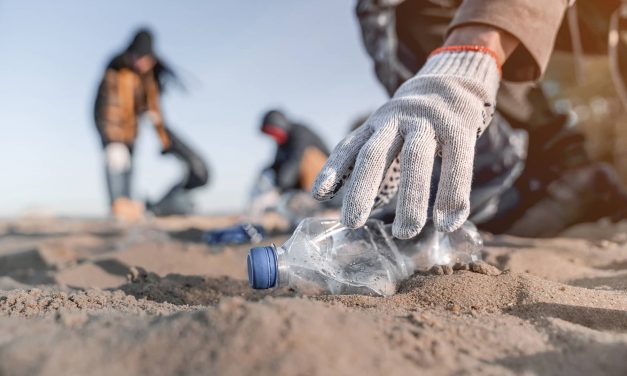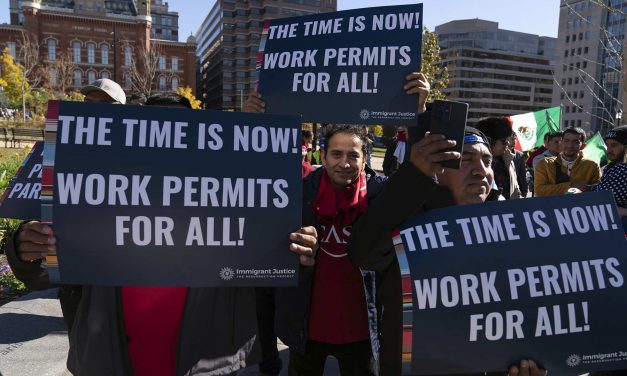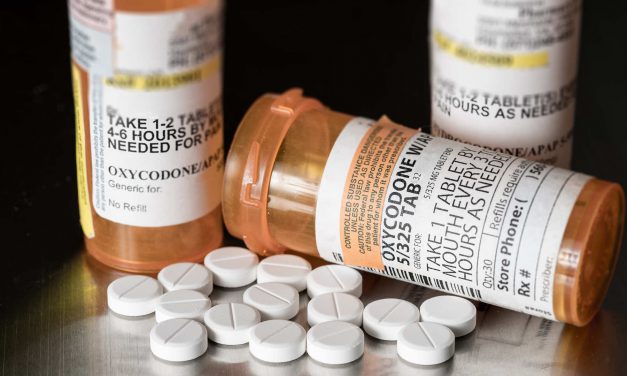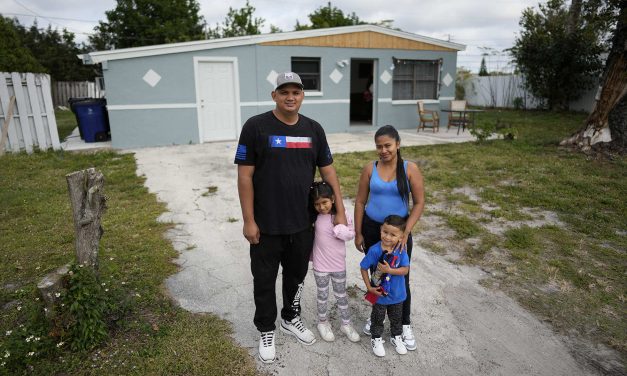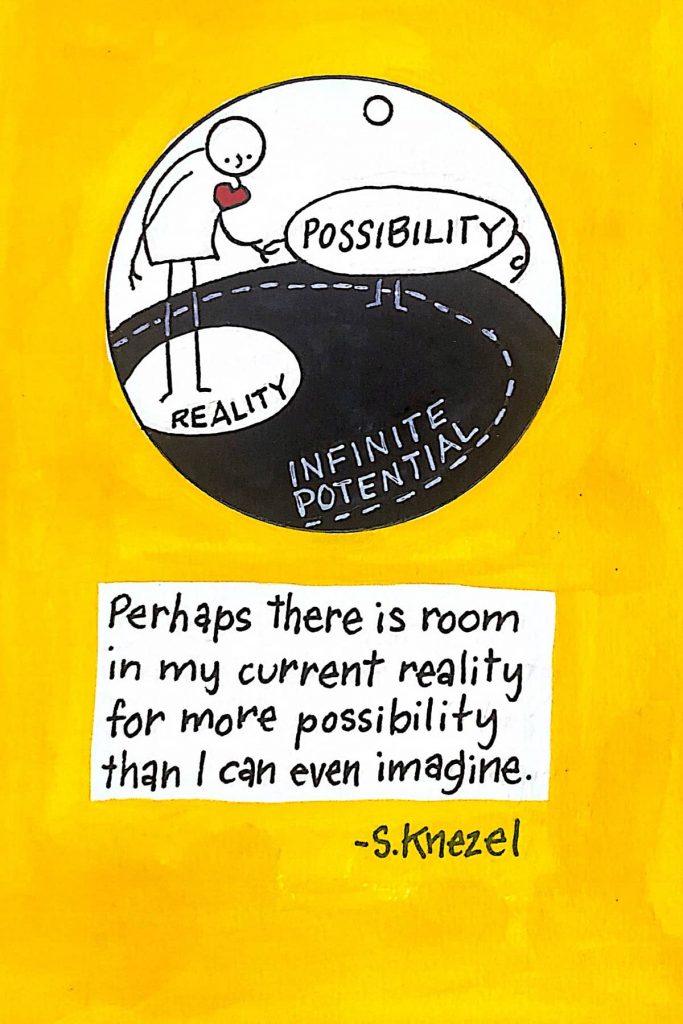U.S. climate assessment shows worsening trend of warming is already hurting Americans nationwide
Revved-up climate change now permeates Americans’ daily lives with harm that is “already far-reaching and worsening across every region of the United States,” a massive new government report says. The National Climate Assessment, which comes out every four to five years, was released last November with details that bring climate change’s impacts down to a local level. Overall, it paints a picture of a country warming about 60% faster than the world as a whole, one that regularly gets smacked with costly weather disasters and faces even bigger problems in the future. Since 1970, the Lower 48 states have...
Read More

